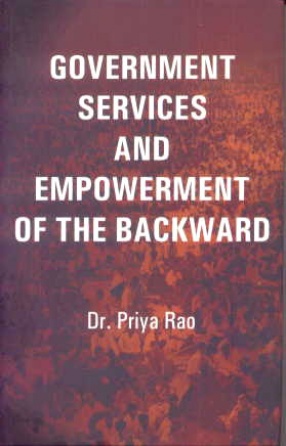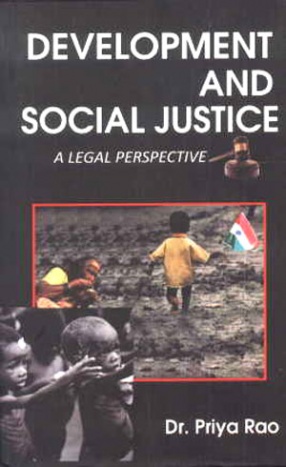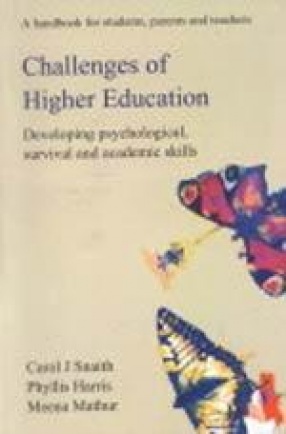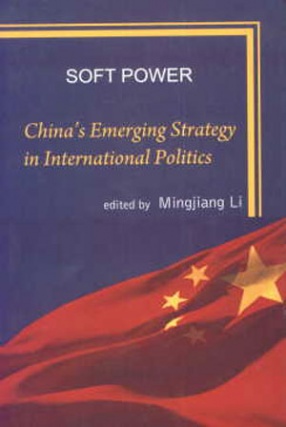The book throws light on hither to unnoticed areas of contradictions in the constitutional provisions made for the advancement of socially and educationally backward classes. It discusses the reasons for protection discrimination and critically evaluates the principle of Adequate Representation. Who’s empowerment is it any way, and who need protection from the state are the important concerns of this study. Though the constitution does not qualify backwardness in terms of caste, affirmative action is qualified by caste. The book discuses at length how the criteria of class is misused by political forces to accommodate castes for vote banks. A policy of indefinite protection encourages the citizens to prefer caste identity to that of a nation for the former will be more paying, the study cautions. The battle of wits between the legislature and the judiciary in as much as acts of political exigencies by the former and of upholding the spirit of the constitution by the latter are concerned were discussed in the book.
Recruitment of class I, II and III in Chhattisgarh was a case study undertaken to assess the relevance of reservations to backward classes. Revelations of this study make one ponder over meaningful alternatives to the existing ones. The study deduces conclusions in the interest of a secular and United Nation and recommends measures for provision of social justice at the same time.






There are no reviews yet.